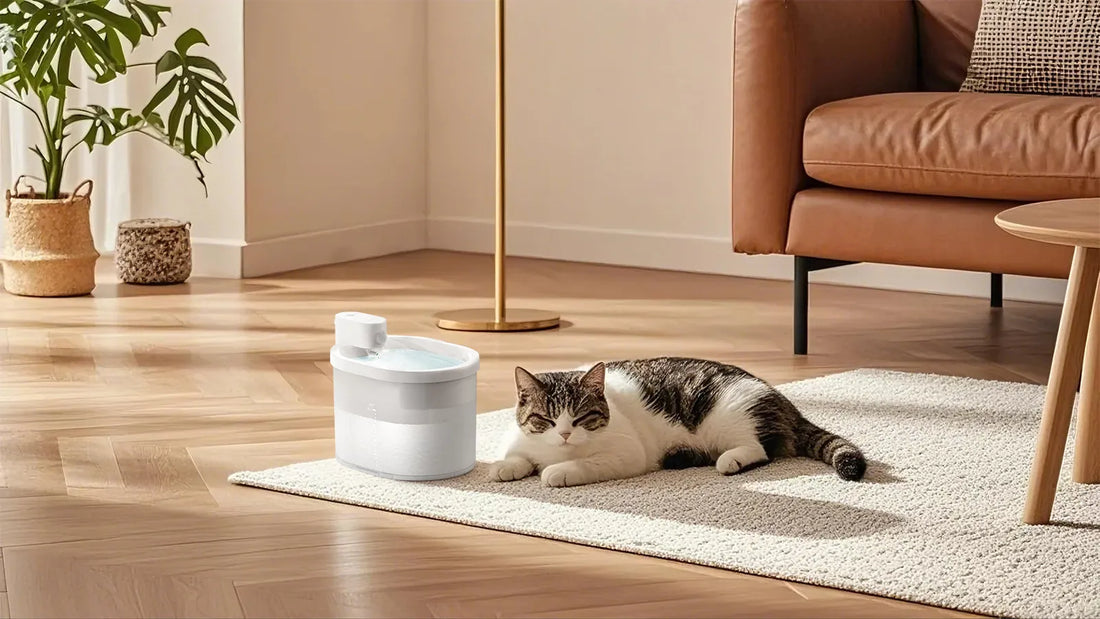If your cat keeps going to the litter box more frequently than usual, it’s natural to feel concerned. This behavior can indicate a variety of underlying issues, ranging from minor to serious. Understanding the reasons behind this habit is crucial for addressing it effectively and ensuring your cat’s well-being.
Common Reasons Why Your Cat Keeps Going to the Litter Box
There are several potential causes for your cat’s frequent trips to the litter box. Identifying the root cause is the first step toward finding a solution.
Urinary Tract Infections (UTIs)
One of the most common reasons for frequent litter box visits is a urinary tract infection. UTIs can cause discomfort and a persistent urge to urinate, even if the bladder is empty. Symptoms may include straining, crying out during urination, or blood in the urine.
Bladder Stones or Crystals
Bladder stones or crystals can also lead to increased litter box usage. These formations can irritate the bladder lining, causing pain and frequent urination. In severe cases, they can block the urinary tract, which is a medical emergency.
Diabetes
Diabetes in cats can result in excessive thirst and urination. If your cat is drinking more water than usual and visiting the litter box frequently, it might be a sign of diabetes. Other symptoms include weight loss and increased appetite.
Stress or Anxiety
Cats are sensitive creatures, and stress or anxiety can manifest in various ways, including changes in litter box habits. Changes in the household, such as moving, new pets, or even rearranged furniture, can trigger stress-related behaviors.
Behavioral Issues
Sometimes, frequent litter box visits are due to behavioral issues rather than medical problems. Your cat might be marking territory or reacting to a dirty litter box. Ensuring the litter box is clean and accessible can help address this.
When to Seek Veterinary Help
If your cat keeps going to the litter box excessively, it’s essential to monitor their behavior closely. Look for additional symptoms such as lethargy, vomiting, or changes in appetite. If you notice any of these signs, or if the behavior persists for more than a day or two, consult your veterinarian immediately.
Preventive Measures and Solutions
Taking proactive steps can help prevent or address the issue of frequent litter box visits. Here are some practical tips to keep your cat healthy and comfortable.
Maintain a Clean Litter Box
Cats are naturally clean animals and prefer a tidy litter box. Scoop the litter box daily and change the litter regularly to ensure it remains appealing to your cat.
Provide Multiple Litter Boxes
If you have multiple cats, ensure there are enough litter boxes available. The general rule is one litter box per cat, plus one extra. This reduces competition and stress among your pets.
Monitor Water Intake
Keep an eye on how much water your cat is drinking. Excessive thirst can be a sign of underlying health issues like diabetes or kidney disease. Provide fresh water daily and encourage hydration.
Reduce Stress in the Environment
Create a calm and stable environment for your cat. Provide hiding spots, scratching posts, and interactive toys to keep them entertained. Avoid sudden changes in their routine or surroundings.
Regular Veterinary Check-Ups
Routine veterinary visits are essential for early detection of health issues. Your vet can perform tests to rule out medical conditions and provide guidance on maintaining your cat’s health.
Expert Tips for Managing Litter Box Issues
Dealing with a cat that keeps going to the litter box can be challenging, but these expert tips can help you manage the situation effectively.
Observe and Document Behavior
Keep a journal of your cat’s litter box habits, including frequency, duration, and any unusual behaviors. This information can be invaluable for your veterinarian in diagnosing the issue.
Use Appropriate Litter
Choose a litter that your cat prefers. Some cats are picky about the texture or scent of their litter. Experiment with different types to find the one your cat likes best.
Address Behavioral Problems
If behavioral issues are the cause, consider consulting a feline behaviorist. They can provide tailored strategies to address marking, anxiety, or other problematic behaviors.
Stay Calm and Patient
Dealing with litter box issues can be frustrating, but it’s important to remain calm and patient. Punishing your cat will only increase stress and worsen the problem.
Follow Your Vet’s Advice
If your cat is diagnosed with a medical condition, follow your veterinarian’s treatment plan diligently. Administer medications as prescribed and attend follow-up appointments to monitor progress.
Understanding why your cat keeps going to the litter box is the key to resolving the issue. Whether it’s a medical condition, stress, or behavioral problem, taking the right steps can help your cat feel better and restore harmony in your home. Stay vigilant, seek professional advice when needed, and provide a loving environment for your feline companion.













